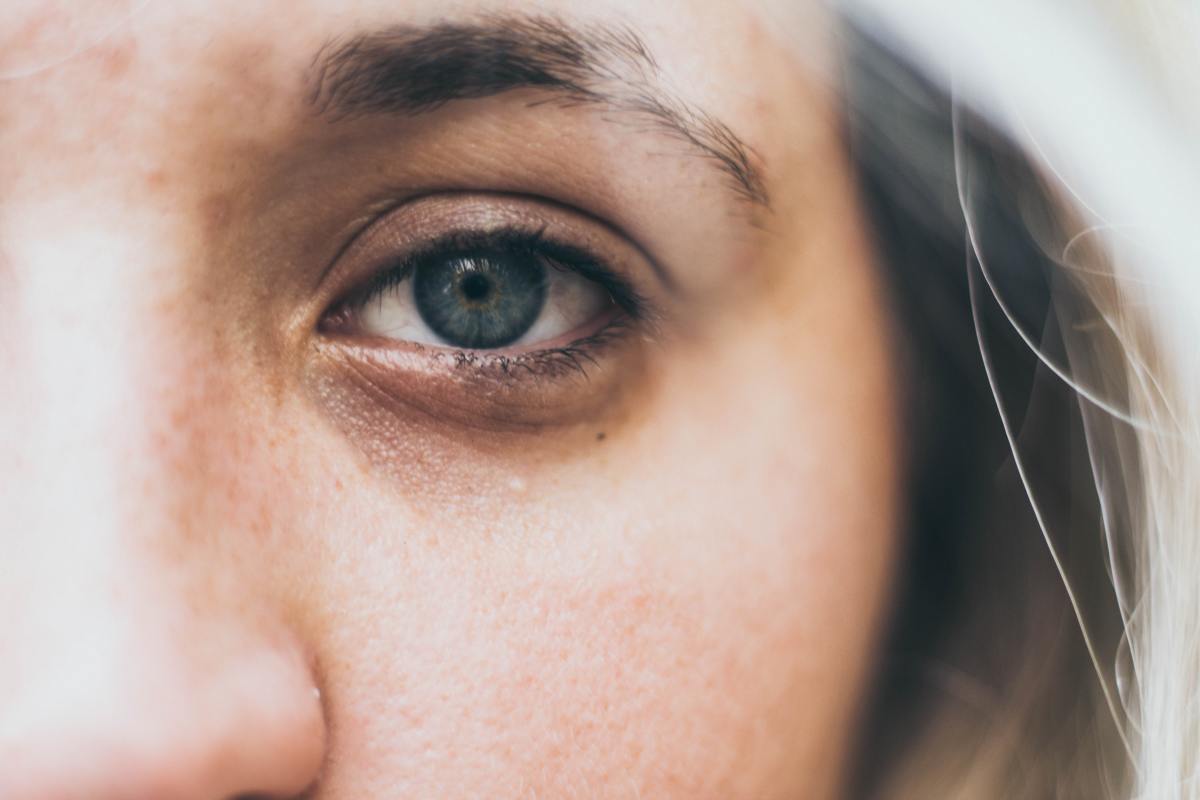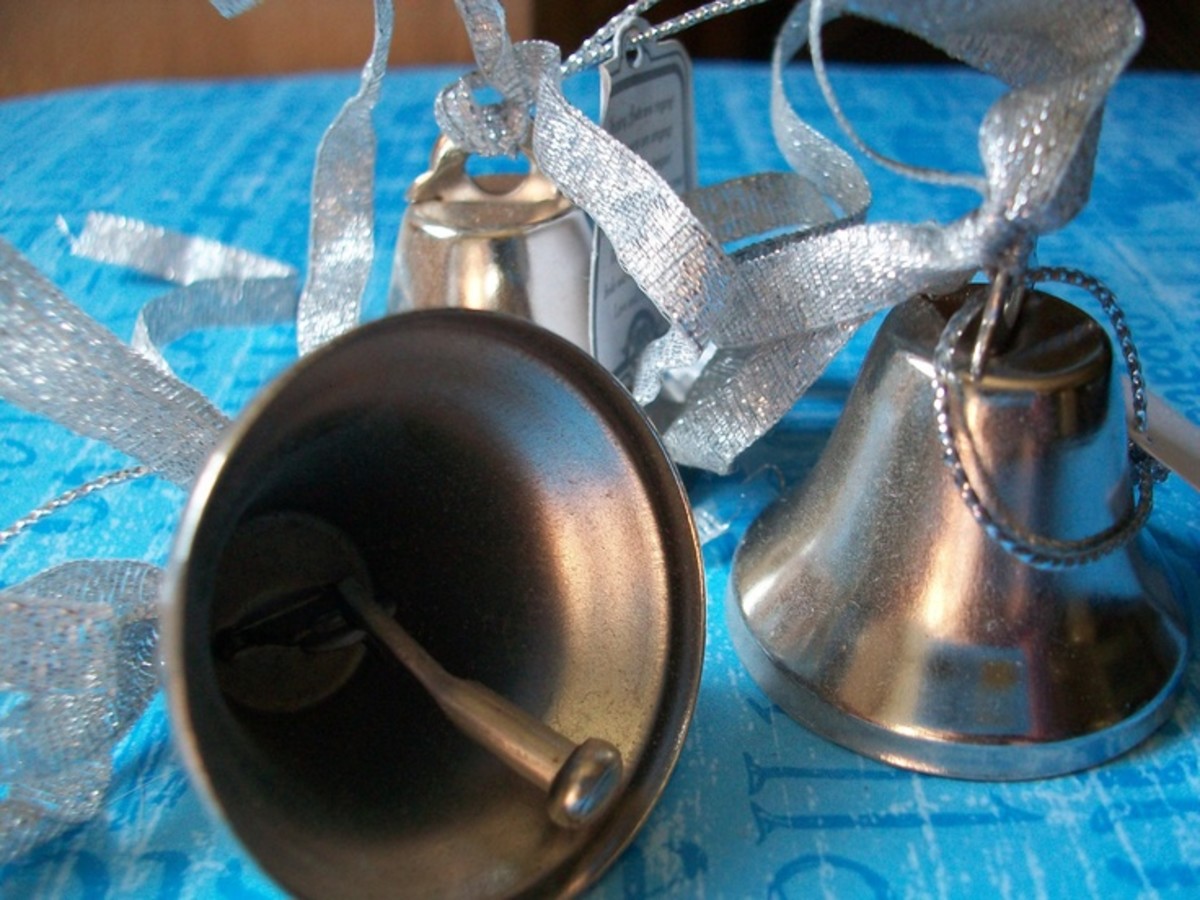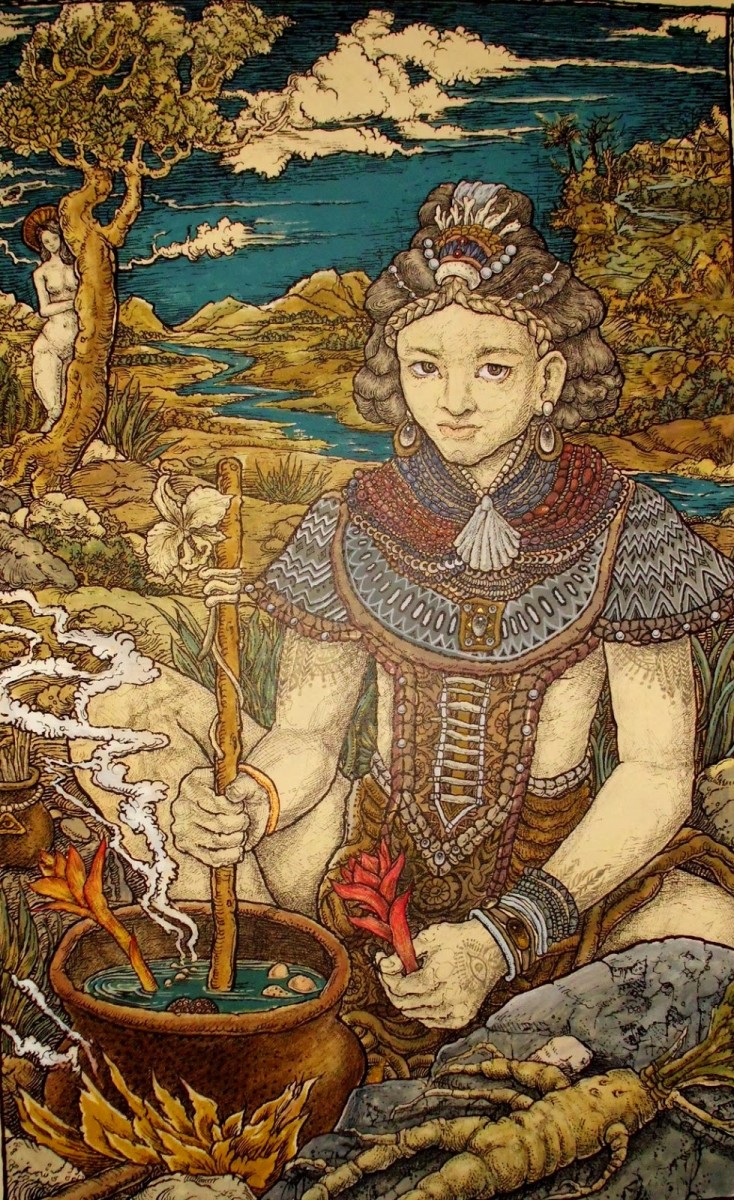Superstitions & Some Famous Ones
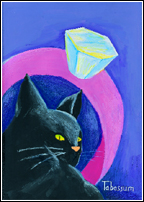
If you are superstitious, then you are not alone. For thousands of years, people have tried to understand and search for the truth behind the strange mysteries, unexpected or strange events, they used to believe as the work of spirits. People invented superstitions as a way of protecting themselves against the unknown. Today science has stepped in to uncovered many mysteries. Logic has taken charge of things. People should no longer believe in silly old wives' tales, yet they are still doing it. Superstitions and all kinds of unimaginable beliefs spun in ancient times still do exist. Read on to decide for yourself whether to believe in them or not.

Unlucky events
Do you believe that getting up from the wrong side of your bed in the morning will bring you bad luck? If you accidentally break a mirror, do you expect seven years of bad luck? Get real!
In ancient times, before mirrors could be invented, people would see their reflections either in water or in smooth shiny metal objects. They took their reflections as their souls. So, if their reflection was shattered somehow, then their souls were also broken. The belief continued even after mirrors were made. Silly us, we still believe in it!
Why do some people avoid walking under ladders? Well, even I think it wise to not walk under the ladder, hence, avoid a chance of having the ladder fall on me. But the real story behind the superstition is that long ago, in Asia, criminals used to be hung from the seventh rung of a leaning ladder. So anyone who happened to walk under such a ladder was afraid of coming into contact with the ghost of a hanged person.
Then there is another silly thing about people believing that the right hand or side is lucky and the left unlucky. The word for ‘left' in Latin is ‘sinister'. Now in English we understand ‘sinister' as being something strange or evil. So getting up from the wrong side of the bed, means the left side, which is considered bad due the ‘left' being called ‘sinister'. Mystery solved? Next morning please get up from any side of your bed without giving it a second thought.
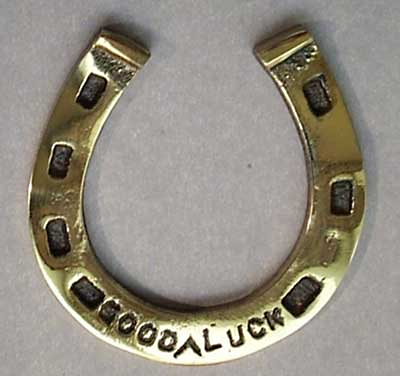
Good luck charms
Do you believe in lucky horse shoes or knocking on wood? Here are the stories behind these superstitions.
In ancient Greece, horses were considered sacred animals. If a horse's shoe was hung over the door of a house, it was thought to attract good luck. The open end of the horseshoe had to point up though, making it look like a roundish ‘U', so that it would hold the good luck in. If it pointed downwards, the good luck was said to have spilled out.
How often have you heard someone say, "knock on wood" or "touch wood"? This superstition goes back to the days when men thought gods lived in trees. To ask a favour of a tree god, you had to touch the tree. If the wish was granted, you touched the tree again to thank the god. I hope this does away with the notion.
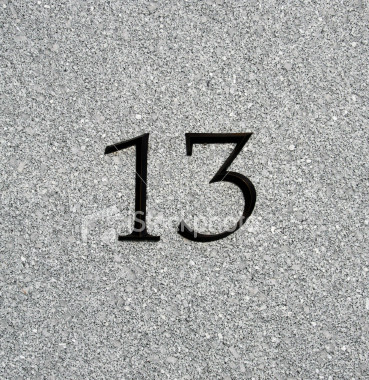
The number ‘13’
The sixth day of the week and the number 13 both have foreboding reputations said to date from ancient times, and their inevitable conjunction from one to three times a year portends more misfortune than some credulous minds can bear. Some people won't go to work on Friday the 13th; some won't eat in restaurants; many wouldn't think of setting a wedding on the date.
Just how many people suffer from this condition? Well the figure may be as high as 21 million.
Exactly how old is difficult to say, because determining the origins of superstitions is an imprecise science, at best. In fact, it's mostly guesswork.
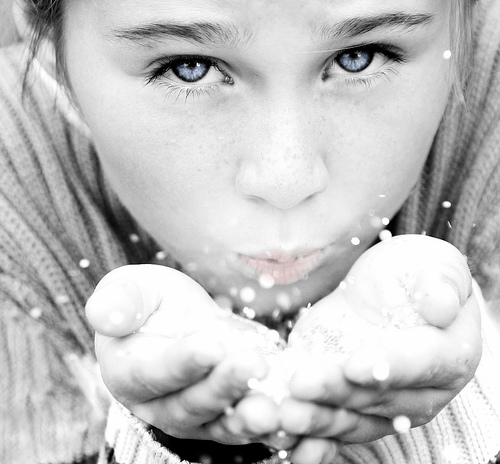
Will wishing make it so?
Almost everyone likes to make wishes. Have you ever wished on a new moon, or crossed your fingers? Here's how these practices started.
People once thought the moon was made of silver. Wishing on the moon was supposed to bring you money. Gradually people came to wish on the moon for all sort of favours.
Why do people cross their fingers when they make wishes? This superstition comes from the Christian symbol of the cross. By making a cross with your fingers, it was believed that you could hold a wish in your fingers until it came true.

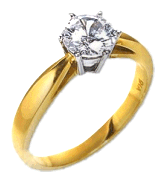
Marriage customs
Why do so many people get married in June? For one thing June has been known to be the luckiest month for weddings since the days of ancient Rome. The goddess Juno, after whom the month has been named, was the guardian of happy marriages. June also has the longest day of the year. A wedding in June therefore was supposed to materialize into a long and happy marriage.
And why do all engaged or married people wear a ring around their finger? The wedding ring comes to us from ancient Egypt. A circle is an uninterrupted and unbroken continuous ring - the sign of a lasting marriage. If the ring broke, it meant bad luck. If it were taken off, love might escape from the heart.
The Egyptians believe that a vein ran from the third finger of the left hand to the heart. That is how the third finger of left hand became the ring finger.
The custom of showering rice comes from Pakistan, India and China. Rice is considered as one of the main diets in these countries. It stands for health and wealth. People throw rice on newlyweds so that the couple would have many children. This wasted or thrown away rice is also a gift for any evil spirits who might be lurking around so that they get busy in collecting and eating it leaving the couple in peace.
And finally, why is a diamond a ‘girl's best friend'? Its sparkle was believed to come from the fires of love. Wearing a diamond was supposed to bring love and faithfulness.
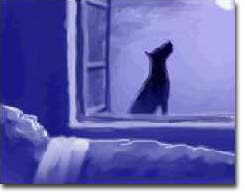
Animals with special powers
Is a howling dog a sign of death? Are black cats unlucky? These are some old beliefs about animals, which some people still hold today.
Some people believe that a howling dog is a sign of death. This superstition has some truth in it. Dogs, with their good sense of smell, can often tell when an animal or man has died. When a dog howls, he may actually be smelling death. But this doesn't mean he can smell death before it happens.
In the Middle Ages, people believed that black cats were pets of witches. The witches were supposed to make magic brews by mixing the brains of black cats with parts of toads, snake and insects. If a witch's black cat lived seven years without ending up in a brew, the cat was supposed to change into a witch. And who wanted a witch crossing their path? Even today there are people who will go out of their way to avoid having a black cat cross in front of them. You wouldn't happen to know anyone like that, now would you?



